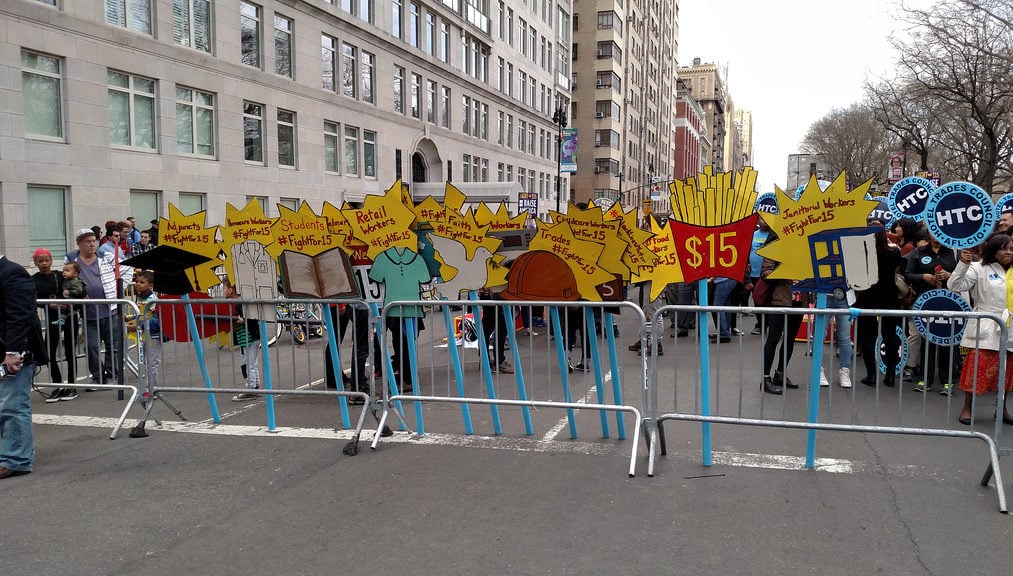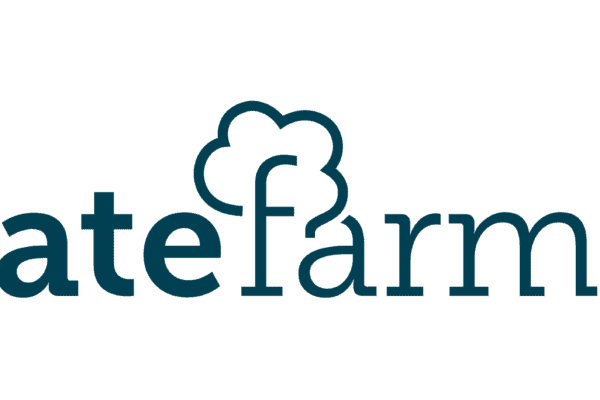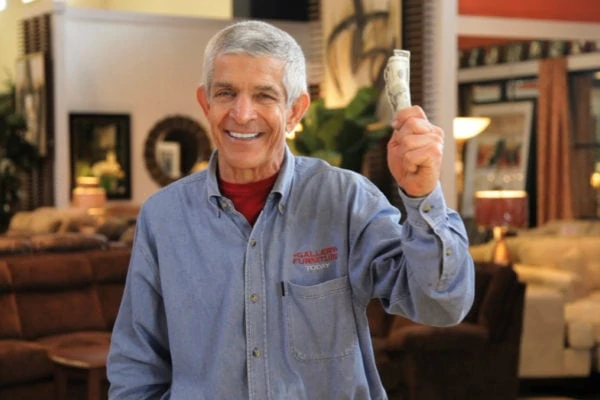Ed Rensi, former president and CEO of McDonald's USA, shared a joyless "I told you so" to those proponents of a $15 minimum wage, citing many predictions made over the past three years that are coming to fruition.
In an article for Forbes, Rensi wrote how, over time, the push for a $15 minimum wage has not only hurt businesses but the job prospects of those who work for them. Back in 2013, Rensi and others warned that, in those early stages of the $15 minimum wage campaign, known as Fight for $15, raising the minimum wage would only accelerate demand for automation. As Rensi put it, "union demands for a much higher minimum wage would force businesses with small profit margins to replace full-service employees with costly investments in self-service alternatives."
McDonald's announced in early November that the company would roll out self-service kiosks nationwide. These kiosks, tested in select McDonald's over time, have touch screens that allow customers to place their orders without a cashier. This reduces the value of those cashier positions to a minimal role in helping customers learn how to place orders without them.
Rensi wrote, "It’s not just McDonald’s that has embraced job-replacing technology. Numerous restaurant chains (both quick service and full service) have looked to computer tablets as a solution for rising labor costs that won’t adversely impact the customer’s experience. Eatsa, a fully-automated restaurant concept, now has five locations—all in cities or states that have embraced a $15 minimum wage. And in a scene stolen from The Jetsons, the Starship delivery robot is now navigating the streets of San Francisco with groceries and other consumer goods. The company’s founder pointed to a rising minimum wage as a key factor driving the growth of his automated delivery business."
Of course, not all businesses are as financially secure as McDonald's to invest in automation. This leads to staff reductions, layoffs, moving to more affordable locations or shuttering.
Rensi explained, "Tragically, these stories—in California in particular–are too numerous to cite in detail here. They include a bookstore in Roseville, a pub in Fresno, restaurants and bakeries in San Francisco, a coffee shop in Berkeley, grocery stores in Oakland, a grill in Santa Clara, and apparel manufacturers through the state. In September of this year, nearly one-quarter of restaurant closures in the Bay Area cited labor costs as one of the reasons for shutting down operations. And just this past week, a California-based communications firm announced it was moving 75 call center jobs from San Diego to El Paso, Texas, citing California’s rising minimum as the 'deciding factor.'”
States that have adopted minimum wage hikes have learned an important lesson - there's a maximum amount of money customers are willing to pay for goods and services. Are people really willing and able to shell out more cash per plate at the family owned restaurant down the street?
As a result of states like Arizona, Colorado, Washington and Maine buying into the influence of major labor unions, Rensi wrote, "family-owned restaurants, coffee shops and even childcare providers have struggled to absorb the coming cost increase—with parents paying the cost through steeper childcare bills, and employees paying the cost through reduced shift hours or none at all."
And the push for a $15 minimum wage wasn't a true grassroots effort, Rensi explained. Instead of helping workers, the tens of millions of dollars spent by big labor unions like the Service Employees International Union (SEIU) to campaign for the Fight for $15 has actually helped cause these negative effects. According to Reuters reporting from last year, SEIU had spent between $24 million and $50 million on the campaign. And the numbers have likely gone up.
Instead of solely listening to labor groups like SEIU wax poetic on the alleged utopia that would spring from a mandatory $15 minimum wage, let's spend some time learning about and listening to the devastating stories of small business owners, entrepreneurs and workers who have and will continue to suffer under such regulation.
RELATED:
• How A $12 Federal Minimum Wage Hurts ‘The Engine of the Economy’
• VIDEO: Government Shouldn’t Dictate A Minimum Wage









